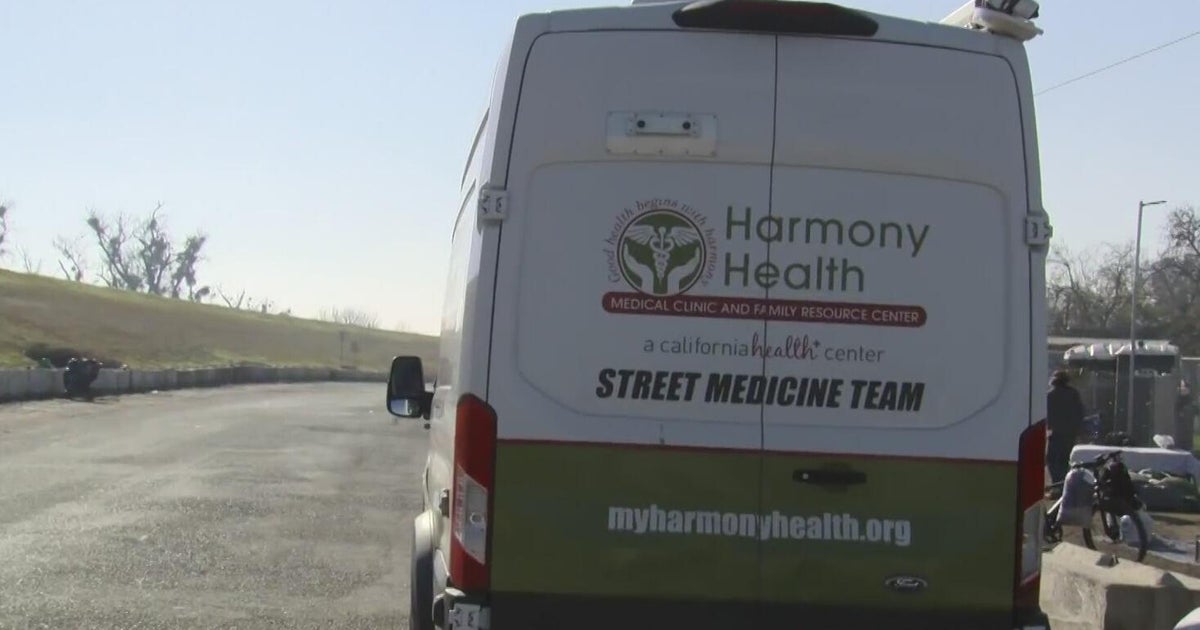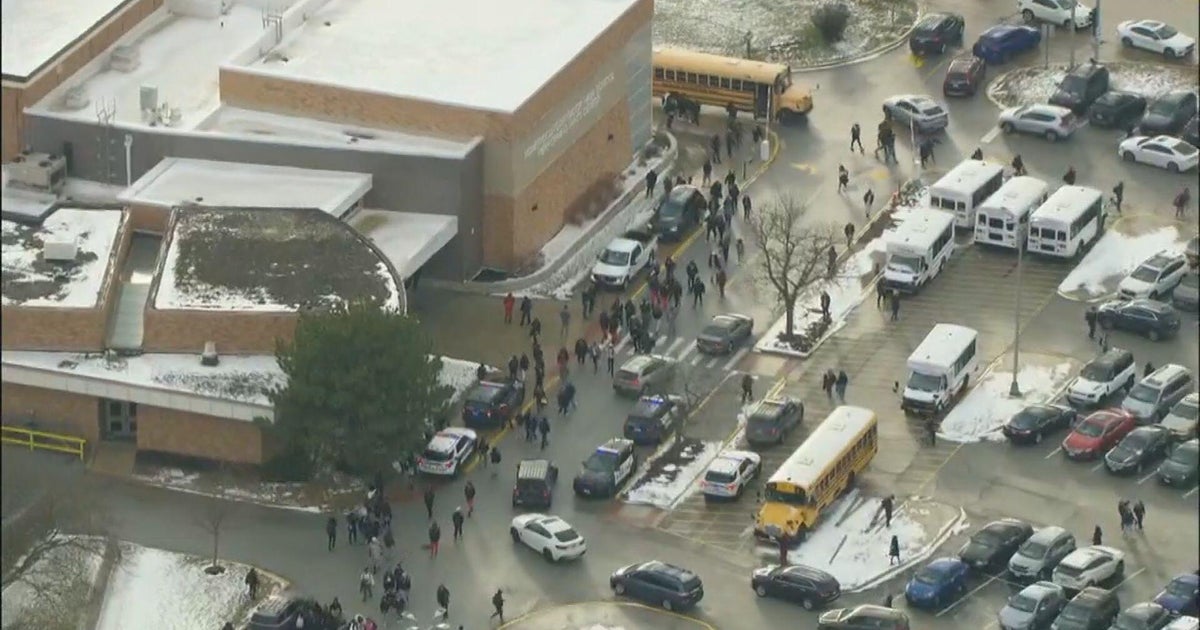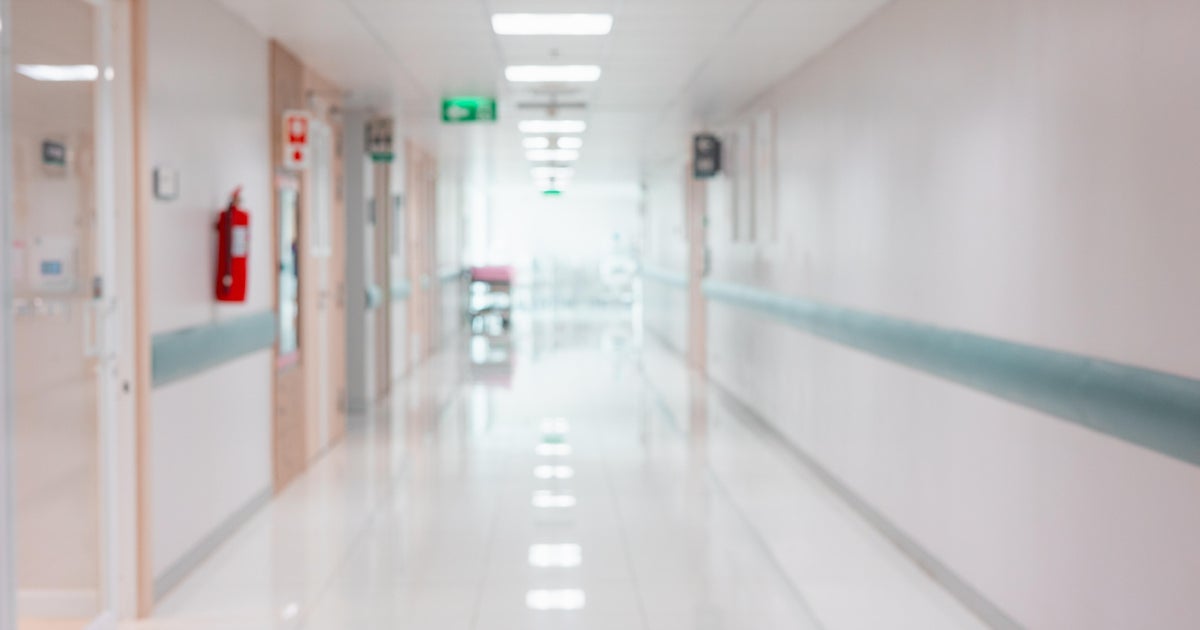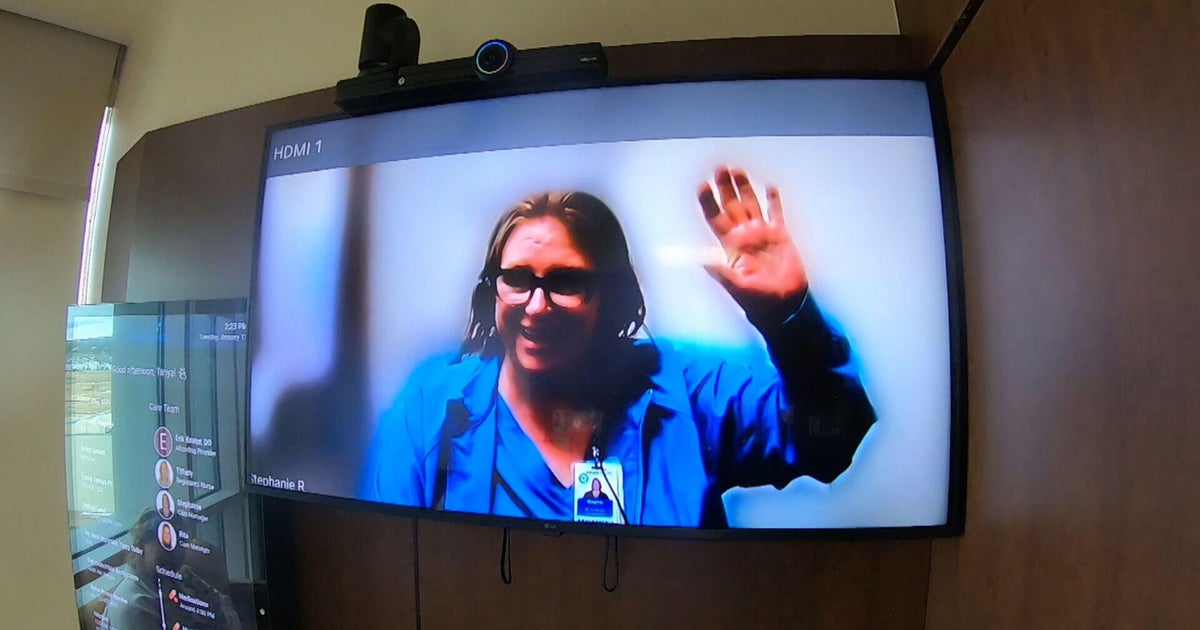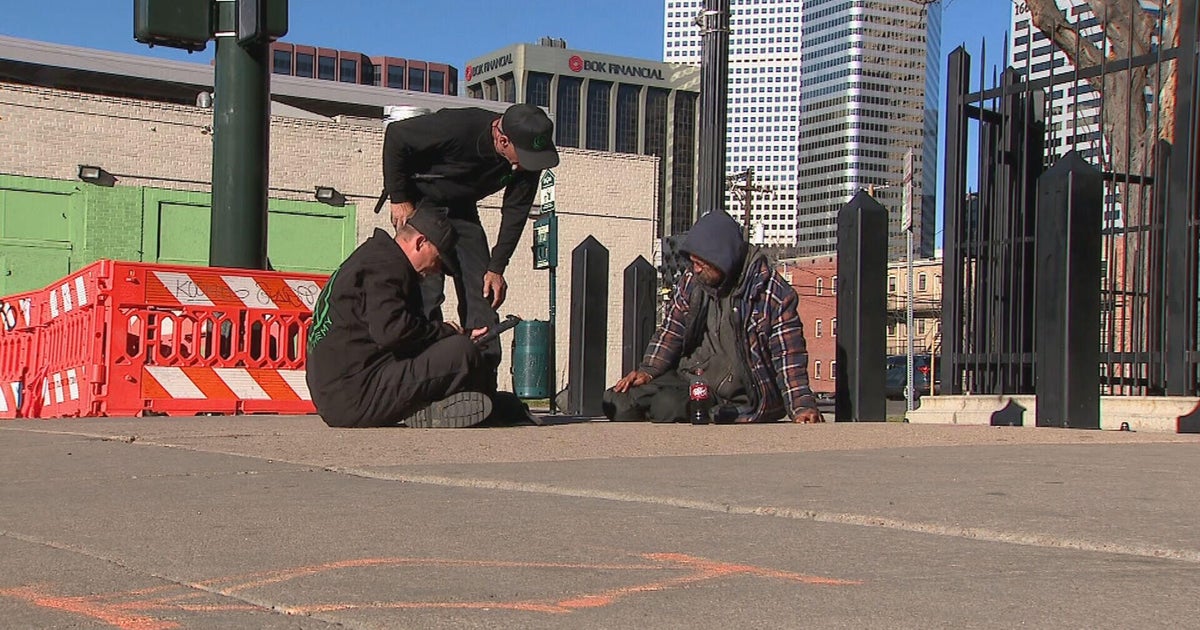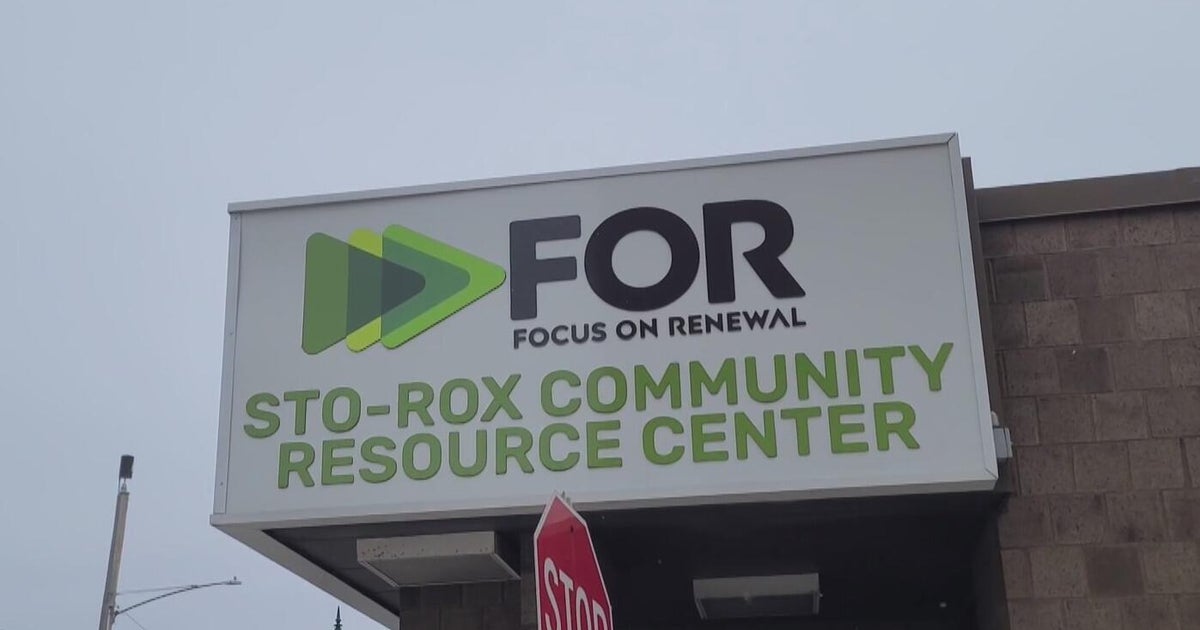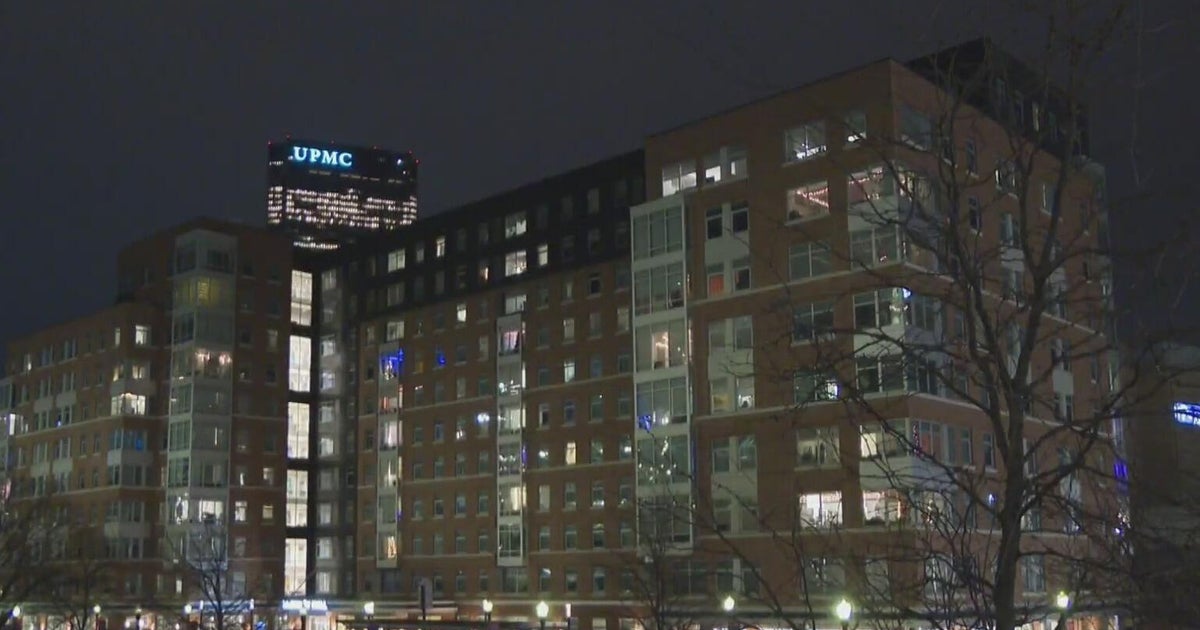Brockton High School's new health center has been ready for a year, so what's the delay?
BROCKTON - Brockton High School students go to school just 2.5 miles away from an untapped resource that has been sitting in a lot for about a year. The resource is a health clinic: four modular units which put together would create a 3,000 square foot health clinic, ready to be installed on the campus of the high school where 3,700 students attend.
The project was a collaboration between the Brockton Neighborhood Health Center and Brockton Schools that started over two years ago. Using grants and some of their own funds, the health center took care of the nearly $1 million cost of construction and was prepared to staff the units as well.
"At least one full time medical provider, a nurse practitioner or a pediatrician, a nurse, one to two behavioral health clinicians," said Health Center Deputy CEO Maria Celli.
But in the last year, the project has stalled in the Brockton School District's Legal Department and Celli says the health center has been forced to navigate whether to hold onto hope for the project or put the units up for sale.
"We've never been told no. We have not been told yes," she said, "It's just very difficult for us as care providers not to be able to meet the need when we know we have some infrastructure to do so."
Safety concerns at Brockton High School
The hold up comes at a tough time for students in the City of Champions as concerns about fights inside the high school escalated last month when four members of the school committee wrote a letter to Governor Maura Healey last month requesting the National Guard come to the school to help with staffing shortages. "Our high school has experienced a disturbing increase in incidents related to violence," the letter read. "Instances of students wandering the halls, engaging in altercations, and causing disruptions in classrooms have become alarmingly frequent."
Related: What's really going on inside Brockton High School
There have been widely reported funding issues for the school district. An $18 million budget deficit discovered this past summer led to 113 teachers layoffs in the district.
Health center could reduce barriers
Reports by the district and the Brockton Neighborhood Health Center have also identified health issues among students. Approximately 40% of Brockton students are non-compliant with immunizations, according to Health Center data. And, according to a 2020 survey of Brockton School Guidance Counselors, 39% said they were aware of a child intentionally hurting themselves. 36% were aware of a child attempting suicide, the survey reported.
Dr. Michael Curry, head of the League of Neighborhood Health Centers and Brockton resident says an onsite health center could reduce barriers to health care for students.
"They're dealing with their oral health needs, their eye needs. They may be struggling with mental health or depression or substance use disorder," Curry said.
The model of school-based health centers is nothing new. The second and third largest high schools in Massachusetts in Lawrence and Lowell have their own centers. Worcester has seven. Brockton, which has the largest high school in Massachusetts, has none.
Why did the project stall?
WBZ received a statement attributable to Brockton Public Schools that said, "there ended up being numerous challenges and logistical obstacles that made it infeasible."
The Brockton school-based health center was constructed as a structure separate from the physical high school but located close by on the campus. Most other school-based health centers are located inside schools or directly attached to them. Celli said that option was unavailable due to a lack of space inside Brockton High School and asbestos in the schools' walls.
According to the district, the land for the health center would have required a "lawful public procurement process." Celli says the Health Center was prepared to bid in that process.
"That procurement process never materialized," Celli said.
The district also argues that it would have needed to create underground utility lines for the units. Additionally, the district's cited future space needs.
"We are exploring the feasibility of replacing the existing Brockton High School building," the statement read.
Celli says the Health Center went through an approval process with the School Committee, City Council, Planning Board, Zoning Board, and Conservation Committee before constructing the units.
No resolution in sight
Now, with no resolution in sight, Celli says some of the units are up for sale.
"We know very well that there is a major primary care access problem across the Commonwealth and if we cannot put these modular structures to use in this community, which does make us sad, but we want them to be used," she said.
WBZ reached out to Brockton's Mayor, Robert Sullivan who also serves as the Chair of the Brockton School Committee, and several current and former city officials for comment on this story. No one made themselves available for comment on camera.
Full Statement from Brockton Public Schools:
While the concept and possibility of creating a School Based Health Center within Brockton High School is naturally appealing, there ended up being numerous challenges and logistical obstacles that made it infeasible.
Due to the limitations of the space that could have been made available inside of Brockton High School, which made it such that our prospective partner was unable to deliver the holistic health model it proposed, we collaboratively worked with them to identify alternatives.
The model that was most thoroughly explored was one in which Brockton Neighborhood Health Center would utilize modular structures nearby the high school building and on high school property. However, as work on this approach progressed, we encountered significant questions that focused on the availability of land, the additional legal requirements, cost, and liabilities related to utility buildout and a lack of a truly comparable model given the circumstances.
The district's concern throughout this process, beyond ensuring that students' health needs were met, was ensuring that any school-based health center was established the right way and in accordance with all applicable legal requirements, rather than simply the most expedient way. As the parties discussed these issues, the Brockton Neighborhood Health Center indicated its desire to locate narrowed operations and services within the Brockton High School building, an option that we currently are discussing together.
We value our partnership with Brockton Neighborhood Health Center, which just last week bore fruit in the form of a resource fair that helped newcomers to the Brockton community establish connections to essential resources, including medical care, insurance, and more essential services.
As we explored the possibility of locating a school-based health center in modular units on school grounds, we encountered the following logistical and procedural challenges:
Utility buildout
As the conversation regarding modular units continued, it became clear there would be a need to build and maintain underground utility lines to serve a school-based health center. This created a broad set of challenges, including whether the district would need to enter the public construction procurement process. Additionally, there were unresolved questions around who would be responsible for these utility lines, which would have been permanent infrastructure meant to support an inherently temporary structure owned and operated by a private entity.
Public bidding process
Any use of land outside the school building would require a land lease that could be awarded only after conducting a lawful public procurement process. Doing so would have meant that the project would have been awarded to the bidder who offered the most advantageous terms to the district. There never would have been any guarantee that the project would be awarded to Brockton Neighborhood Health Center.
Any bidding process would have been fair and open, and while we would have welcomed BNHC's formal proposal, it would have been considered based on its merits and relative to the merits of any other provider who may have elected to participate in the process.
At no point was Brockton Neighborhood Health Center provided with a notice to proceed, which would have indicated that a clear path existed to opening a school-based health center at Brockton High, and any purchases it made prematurely or without full due diligence were at its own risk.
Lack of comparable models
Brockton Public Schools sought, but did not receive, an analysis of comparable school-based health center models from BNHC. Lowell is held up as a community where the school-based health center model has worked well, and at its most basic level, it's one we'd love to replicate in Brockton. However, the key difference is that Lowell's SBHCs are located within existing buildings. Taunton also has a school-based health center at Taunton High School and Parker Middle School. Like in Lowell, this facility is located inside an existing building, which eliminates many of the logistical hurdles we're facing here in Brockton. Worcester, another district comparable to Brockton, has its own school-based health centers that are likewise housed inside school buildings.
Future space needs
Brockton Public Schools is currently in the early phase of the Massachusetts School Building Authority's process, where we are exploring the feasibility of replacing the existing Brockton High School building with a new facility or renovating the existing building.
Part of that process, should it evolve to the point of pursuing a new Brockton High School building, means it's essential to have as much flexibility as possible in terms of available land.
Providing a long-term ground lease to an outside vendor - and establishing utility connections at potentially significant public cost to support that vendor's needs - could ultimately have had an adverse impact on the MSBA process and the feasibility of a new high school on the site of the existing building.


